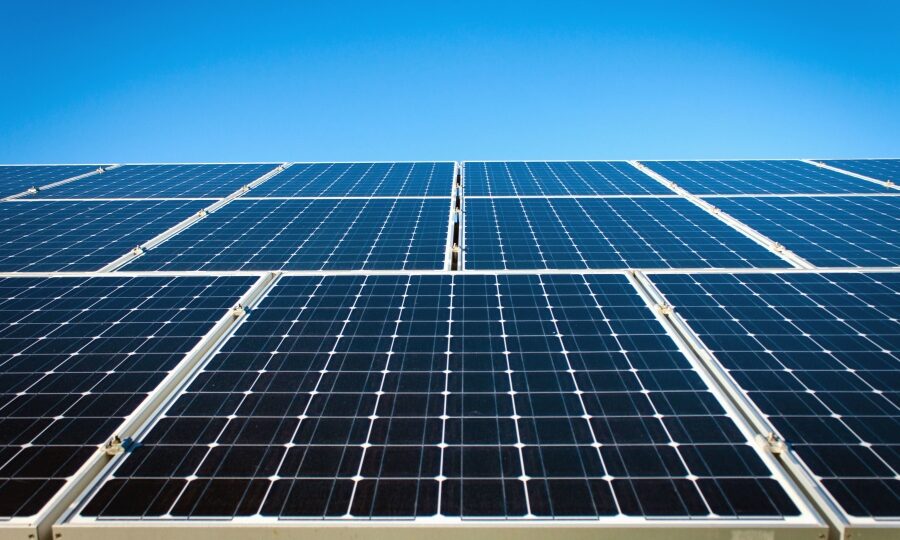Is China preparing a global tightening on solar energy?

China is considering banning exports of wafer technology, key components for solar panels that dominate global production. Here are the details and consequences of the move
China could impose an export ban on solar energy technology, aimed at hampering rival countries' manufacturing self-sufficiency efforts. The Chinese ministries of Commerce and Science are in fact considering including some production processes for advanced wafers in the list of technologies subject to export bans.
WHAT ARE WAFERS
Wafers are components necessary for the construction of solar panels: they are very thin squares of silicon, a semiconductor material, which are then assembled together to form a panel. China controls 97 percent of their world production, writes Bloomberg .
THE CONTEXT
A possible export ban by Beijing could have important repercussions for the European, US and Indian governments, which are working on the development of their own supply chains, less dependent on China, on solar components.
According to the International Energy Agency (IEA), China accounted for 75 percent of the world's solar panel production in 2021; Europe just 2.8 per cent.
The executive director of the IEA, Fatih Birol, had defined solar energy as "the new king of the global electricity markets": it is therefore a fundamental source for the ecological transition, which according to the most recent estimates by the agency will exceed the coal as the main source of electricity generation worldwide.
CHINA'S GOALS
Cosimo Ries, an analyst at Trivium China, explained to Bloomberg that, through possible restrictions on the export of wafer technologies, China "is trying to slow down the speed at which its competitors will be able to develop their supply chains" for the solar components.
Just a few months ago, the United States passed a law – the Inflation Reduction Act , worth 369 billion dollars – to stimulate domestic manufacturing of clean energy devices and technologies. The subsidies provided for by the law have prompted, among others, Enel to invest around 1 billion dollars in the opening of a solar cell and panel factory in the country.
However, the Chinese authorities have not yet taken a final decision on the ban , which is in a public consultation phase with the subjects involved.
THE CONSEQUENCES OF THE BAN
In the last ten years, Chinese companies, supported by public aid, have managed to develop cutting-edge technologies for the production of large and thin wafers which have made it possible, thanks to their efficiency, to reduce the cost of solar energy.
If foreign manufacturing companies were no longer able to access China's advanced wafers and the technologies to make them, they would be forced to use older and less efficient wafers for their panels, losing them in quality and competitiveness.
Given China's dominant position in wafer production and the high barriers to entry to this market that complicate competition, it would make sense for the country to impose such an export ban, according to an analysis by investment bank Daiwa Capital Markets. to prevent foreign companies from using its technologies.
This is a machine translation from Italian language of a post published on Start Magazine at the URL https://www.startmag.it/energia/cina-restrizioni-wafer-energia-solare/ on Tue, 31 Jan 2023 06:54:30 +0000.
